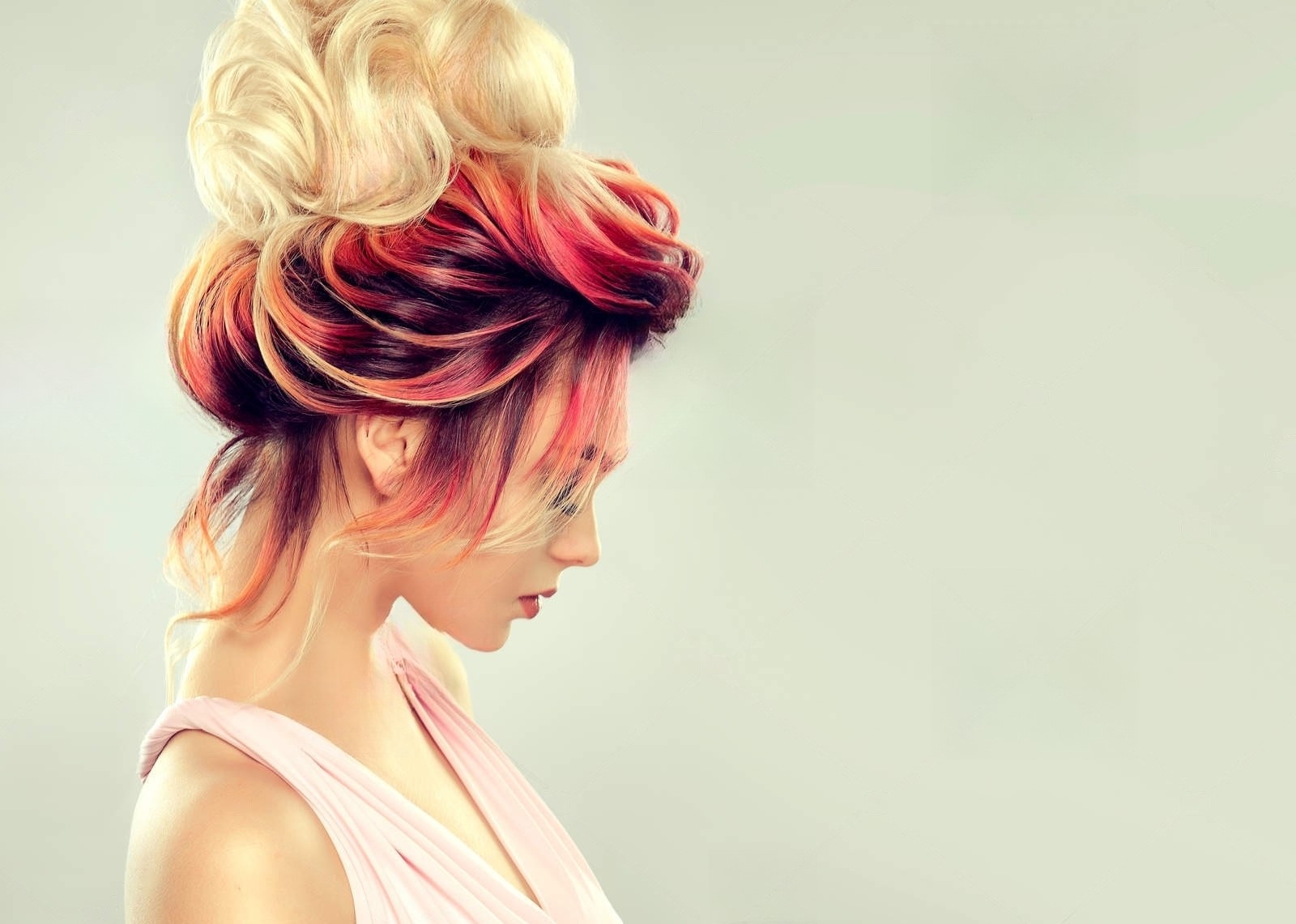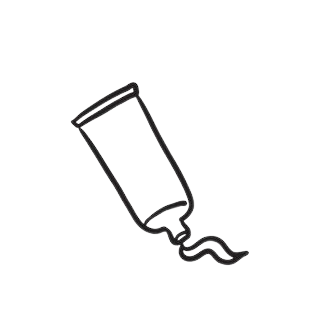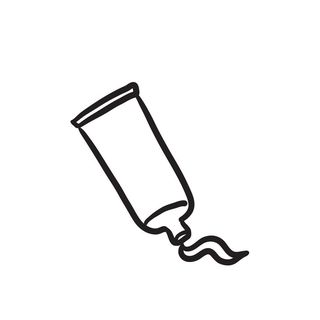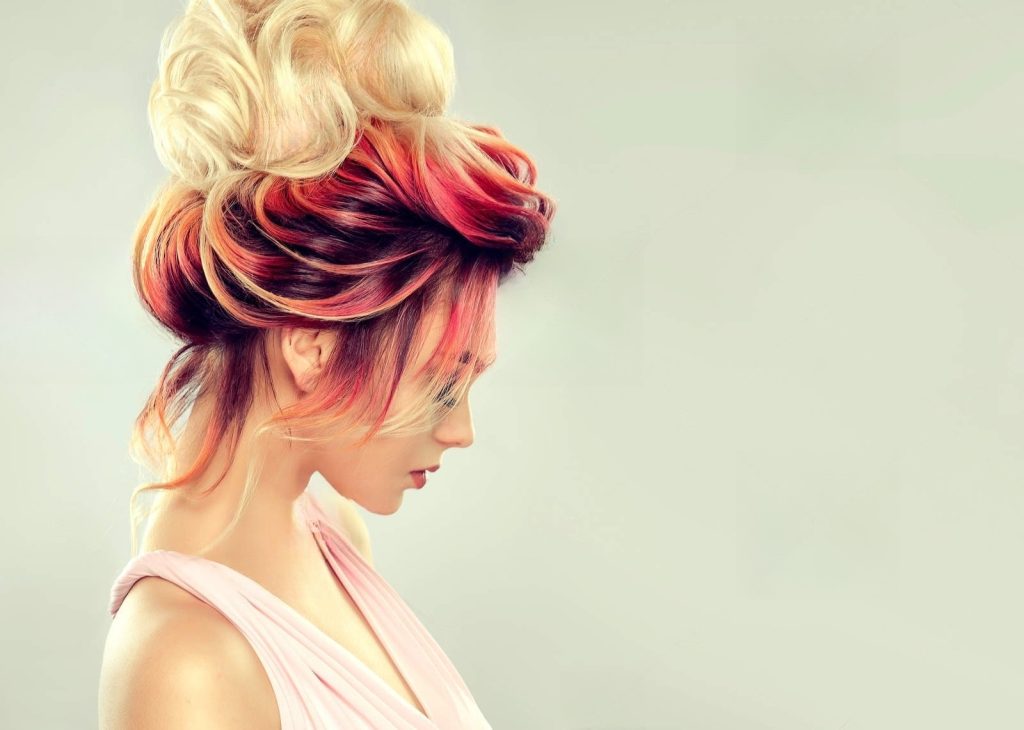
Step-by-Step: Healthy, Beautiful Hair
When it comes to achieving healthy and beautiful hair, the world of hair care products can be overwhelming. Shampoos, conditioners, serums, and treatments line the shelves, each promising a solution to various hair concerns. What many people don’t realize is that these products are the result of careful hair formulation – a science that combines the right ingredients to address specific hair needs. If you’re new to the world of hair formulation, this guide is here to help you understand the basics and make informed choices for your hair.
Hair Formulation Demystified
Hair formulation is the process of creating hair care products by carefully selecting and combining ingredients that serve specific purposes. It’s the science that goes into developing products that cater to various hair types and concerns, from dryness and frizz to hair growth and color protection.
Understanding Hair Types
Before delving into the intricacies of hair formulation, it’s essential to understand your hair type. Hair can vary widely from person to person, and your specific hair type will influence the products and formulations that work best for you. Here are some common hair types:
Straight Hair: This type is characterized by hair that falls straight from the scalp without significant waves or curls.
Curly Hair: Curly hair forms tight or loose curls and can range from wavy to coiled.
Coily Hair: Coily hair is tightly curled, often forming a distinct coil or spiral pattern.
Fine Hair: Fine hair refers to hair strands that are thin in diameter. It can be straight, wavy, or curly.
Thick Hair: Thick hair has a larger diameter and is often denser, making it appear voluminous.
Dry Hair: Dry hair lacks moisture, making it appear dull and prone to frizz and breakage.
Oily Hair: Oily hair produces an excess of sebum, which can make it look greasy and weigh it down.
Hair Formulation Essentials
Now that you have a basic understanding of hair types, let’s explore some fundamental aspects of hair formulation:
Shampoos: Shampoos are formulated to cleanse the hair and scalp by removing dirt, oils, and product buildup. Different shampoos are designed for specific hair types, such as clarifying shampoos for removing buildup or hydrating shampoos for dry hair.
Conditioners: Conditioners are formulated to moisturize and soften the hair, making it more manageable and less prone to damage. They can be tailored to various hair types, with some designed for fine hair, while others are ideal for curly or coily hair.
Serums and Oils: These products are formulated to add shine, reduce frizz, and provide additional nourishment to the hair. Hair serums often contain lightweight oils that don’t weigh the hair down.
Hair Masks and Treatments: Hair masks and treatments are intensive formulations designed to address specific concerns. They can include ingredients for deep conditioning, repair, or hair growth stimulation.
Color-Protective Formulations: If you color your hair, look for formulations that are specifically designed to protect and preserve your hair color. They often include UV filters and antioxidants to prevent fading.
Ingredients to Look For
As a beginner, you may wonder which ingredients to look for in your hair care products. Here are some common ingredients and their benefits:
Keratin: Keratin is a protein that makes up the structure of hair. Products with keratin can strengthen and repair damaged hair.
Biotin: Biotin, also known as vitamin B7, is believed to promote hair growth and prevent hair loss.
Argan Oil: Argan oil is a natural oil that hydrates and adds shine to the hair without making it greasy.
Hyaluronic Acid: This hydrating ingredient can retain moisture in the hair, preventing dryness and frizz.
Shea Butter: Shea butter is an excellent moisturizer for dry and coarse hair, leaving it soft and manageable.
Aloe Vera: Aloe vera has soothing and hydrating properties that can benefit the scalp and hair.
Tea Tree Oil: Tea tree oil is known for its antibacterial properties and can help with dandruff and scalp issues.
Hair Formulation Tips for Beginners
Here are some essential tips for those new to the world of hair formulation:
Know Your Hair Type: Understanding your hair type is crucial for selecting the right products and formulations.
Read Labels: Read the product labels to identify formulations designed for your specific hair type and concerns.
Avoid Harsh Ingredients: Look out for products that contain harsh sulfates, as these can strip the hair of its natural oils.
Trial and Error: Finding the perfect formulation may require some experimentation. Don’t be discouraged if the first product you try doesn’t yield the desired results.
Consistency is Key: For many hair concerns, consistent


